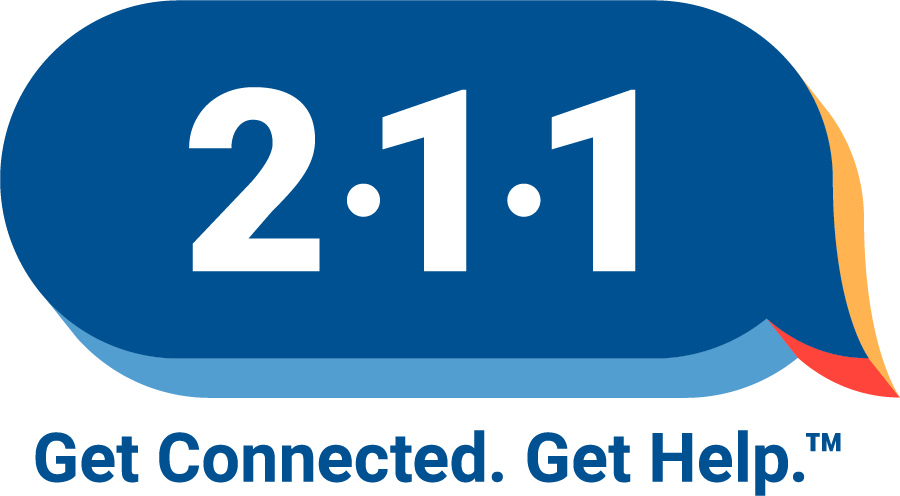Why California’s New Human Development Report Is Important

On December 9, Measure of America released A Portrait of California, 2014-15, California’s newest Human Development Report. The report is significant for several reasons. First, human development measures well-being in health, education and income—what most of us would agree are the building blocks of a decent life.
For years, economists such as Joseph Stiglitz have argued that measures such as gross domestic product, do not project an accurate pulse of how ordinary Americans are doing. The American Human Development index measures well-being adquately because it uses common indicators we are familiar with such as life expectancy at birth, educational attainment and median personal earnings, and scales them in a simple 0-10 index that is easy to understand and talk about.

Second, A Portrait of California adopts the “capabilities approach” championed by Amartya Sen in his famous work “Development as Freedom.” In it, Professor Sen argues that freedom is both the end and the principal means of development. In other words, if we grant people the freedoms and opportunities they need to become successful, we all benefit through economic growth and help people at the margin at the same time. It is that very essence of optimism that gives us the potential to appreciate others for who they are, the skills and talents they have to offer and perhaps more importantly, the potential of what they can become.
Lastly, human development affords us the opportunity to have meaningful conversations of what we want our society and community to look like compared to what it really is. One of the first inclinations many of us have in reading A Portrait of California is looking to see how our own community fares in human development. Do we live longer than other communities? What does educational attainment look like in my neighborhood, and how does my community fare in terms of earnings? While it is important to have that knowledge, it’s even more significant to share it and discuss it with neighbors, friends and colleagues. Does your perception of your community’s well-being match with others? Are there specific populations that are being excluded from opportunities? What kind of a world do we want to create for generations succeeding ours? By having these conversations, we can learn more about our shared values and really get to know about the people who live next door, across the street or share our neighborhood park with.
As you read through A Portrait of California, we invite you to view human development through the lens of geography, gender, and race and ethnicity. The conclusions you find may actually surprise you.




